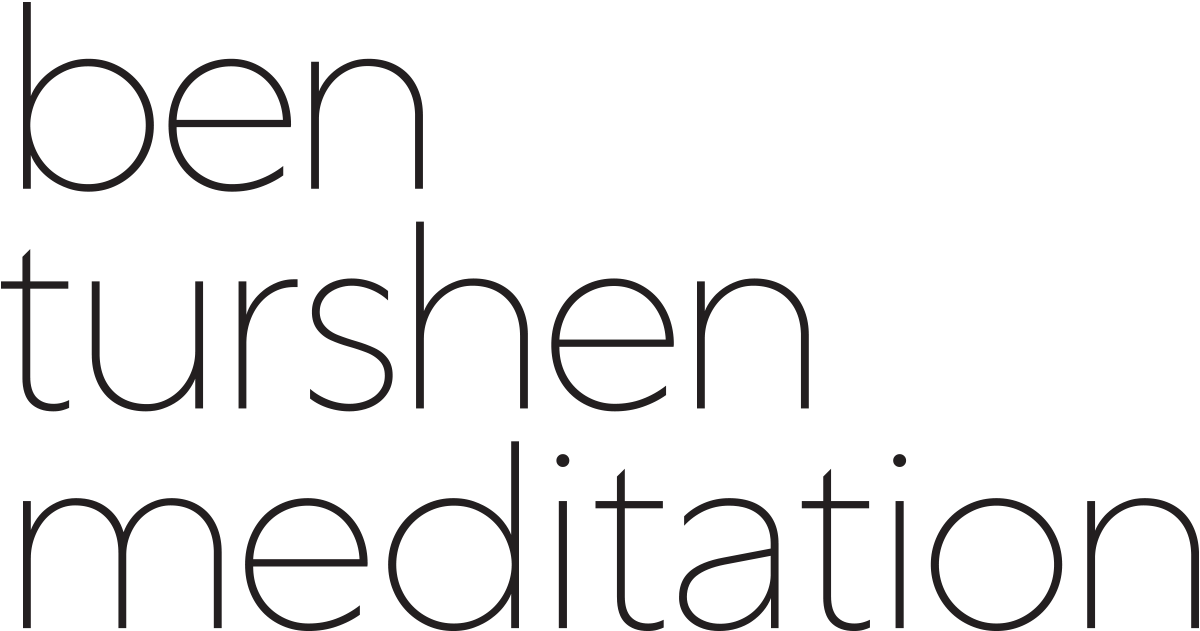Click here to return to the Access Meditation Primer. Click here to enroll in the course.
VIDEO TRANSCRIPT
What is meditation?
When you hear people use that word, “meditation”, they usually use it to mean something else that may be related to a meditation technique or practice but isn't actually meditation.
Oftentimes, you'll hear people use that word to mean something else like contemplation. You'll hear someone say, "Hey. I'm going to go meditate on that problem. I'm going to go meditate on an idea. I'm going to meditate on that person." What they really mean is, "I'm going to think about them. I'm going to think about that problem, that idea, that person."
People also describe other activities as their meditation, like running or cooking or gardening or taking a bubble bath. They are referring to these activities as meditation because they either find them engaging so that they pay attention to them effortlessly as they perform them, or they find them relaxing or they find them to be both engaging and relaxing. But these activities are not actually meditation techniques.
When we get to actual meditation techniques or practices there are a few very common misconceptions that are worth discussing.
The first major misconception is that meditation is one thing. People who haven’t done much research tend to assume that meditation is where they close their eyes and through some voluntary process clear their mind by somehow stopping their thoughts. Ultimately anyone who tries this finds it to be an impossible task. I have some news for you, your mind will never stop thinking simply by commanding it to do so.
An extension of this is the idea is that the first type of meditation someone tries is either the only type of meditation out there or indicative of all types of meditation. Imagine never exercising and trying a Pilates class and then assuming pilates is the only type of exercise that exists. Or that all other forms of exercise must be pretty much the same as that pilates class.
Once someone learns that there are many different types of meditation, the next major misconception is that all these different types of meditation produce the same benefits or results. Back to our pilates example. This would be like someone assuming that they would get the same benefits and results from pilates as they would from weightlifting or running or surfing.
Although there may be some shared benefits, similar to various types of physical exercise, each meditation technique has its own specific design and that elicits a unique experience which produces a particular set of benefits and results.
So not all meditation is the same. People are often shocked that when they try certain types of meditation that they’re not relaxing at all. I personally held all of these misconceptions myself when I first approached the idea of learning to meditate.
My first attempt at meditation was an utter failure. Back in 2005, I was a first-year law student and I was having panic attacks almost every day. I was so anxious I couldn't read the cases I was assigned for class. I would sit in the library and re-read the same paragraph over and over, but nothing would stick. In a complete state of overwhelm, my brain wouldn't function. I wasn't sleeping at night and this whole experience had me feeling very helpless and miserable.
My therapist suggested that I learn to meditate. But I didn't think I was the meditation type. I didn't fit any of the stereotypes I had associated with meditation. I had no background in yoga or spirituality. I didn't study Eastern religion or philosophy. I didn't have long hair or a big beard. I never wore beads. I didn’t burn incense or hang out in health food stores.
With my therapist’s urging, I took a beginner's meditation class at a nearby meditation center. I nearly had an anxiety attack during the session. I later came to find out this was a form of mindfulness meditation, which is very different from the techniques that are taught in the Access Meditation system. At the time, I was so naive, I thought all meditation was the same. I decided it wasn’t for me.
It took me over FOUR YEARS to revisit the idea of learning to meditate again. I’m so glad I did. When I finally learned the right methodology for me--the one you will learn in Access Meditation, it made all the difference in the world. I only wished I learned it sooner. The four years I was closed off to the idea of meditation felt like 20. There was a lot of very unnecessary suffering I would have been able to avoid.
Access Meditation is a modern meditation program that is the product of over a decade of research and development. It designed to make the profound benefits of meditation and breathwork as accessible and impactful as possible. Access Meditation doesn’t require any special garb, lifestyle, or belief system. It also doesn’t require any special skill or ability to focus. The methodology used in this system is extremely "user friendly". Access Meditation de-excites the mind and settles the body into a state of deep rest and relaxation automatically and spontaneously without any effort, focus or concentration, or attempting to control the mind or suppress thoughts.
There’s an old saying: “The best time to plant a tree was 20 years ago. The second best time is now”. The best time to learn Access Meditation is right now! The benefits are immediate and life-changing.
